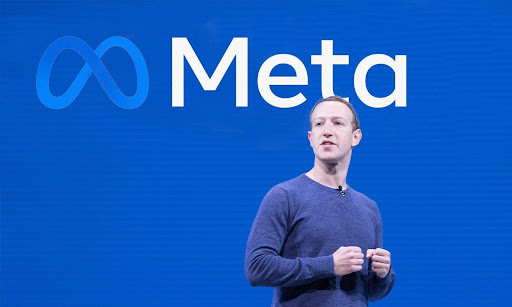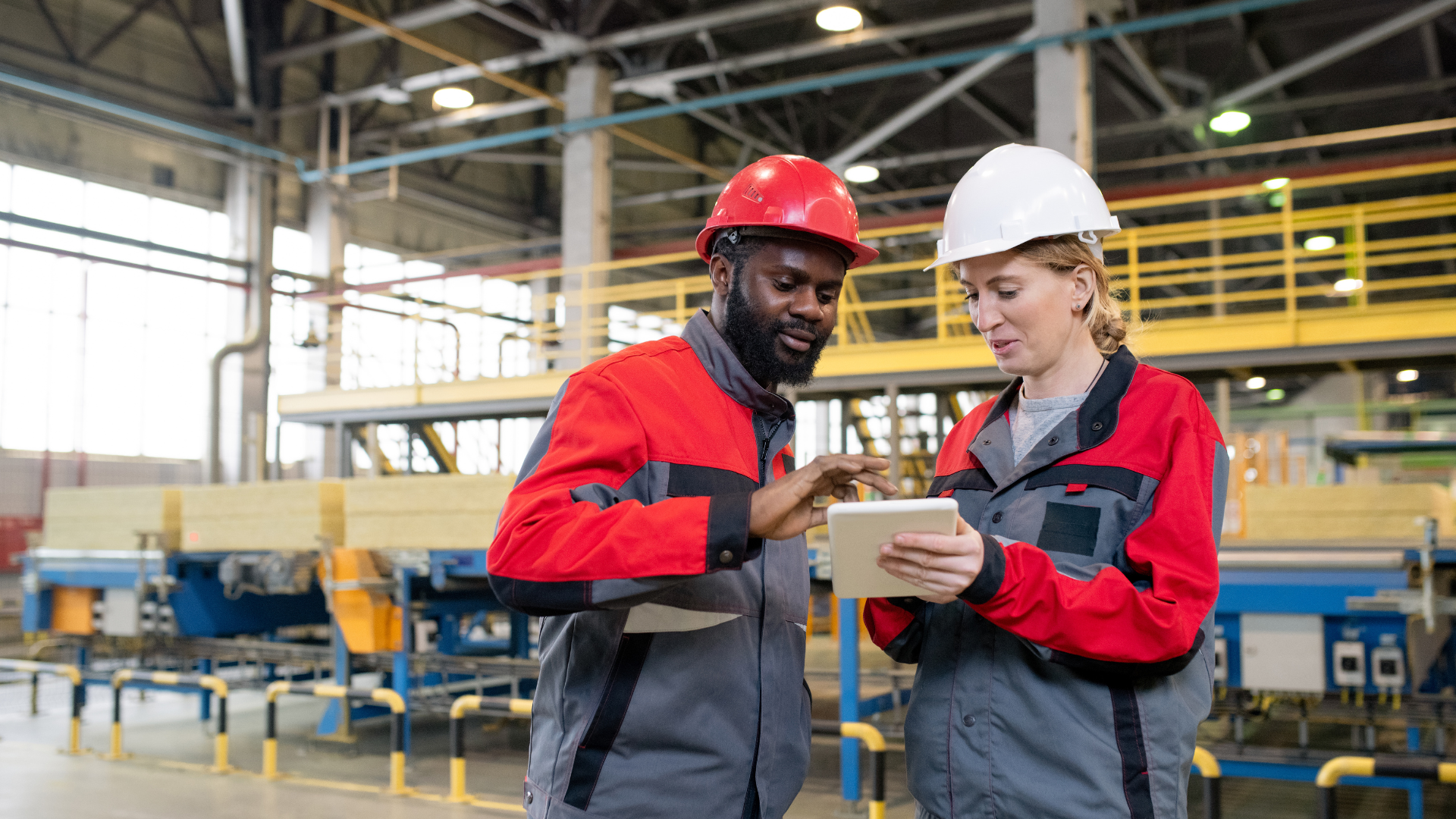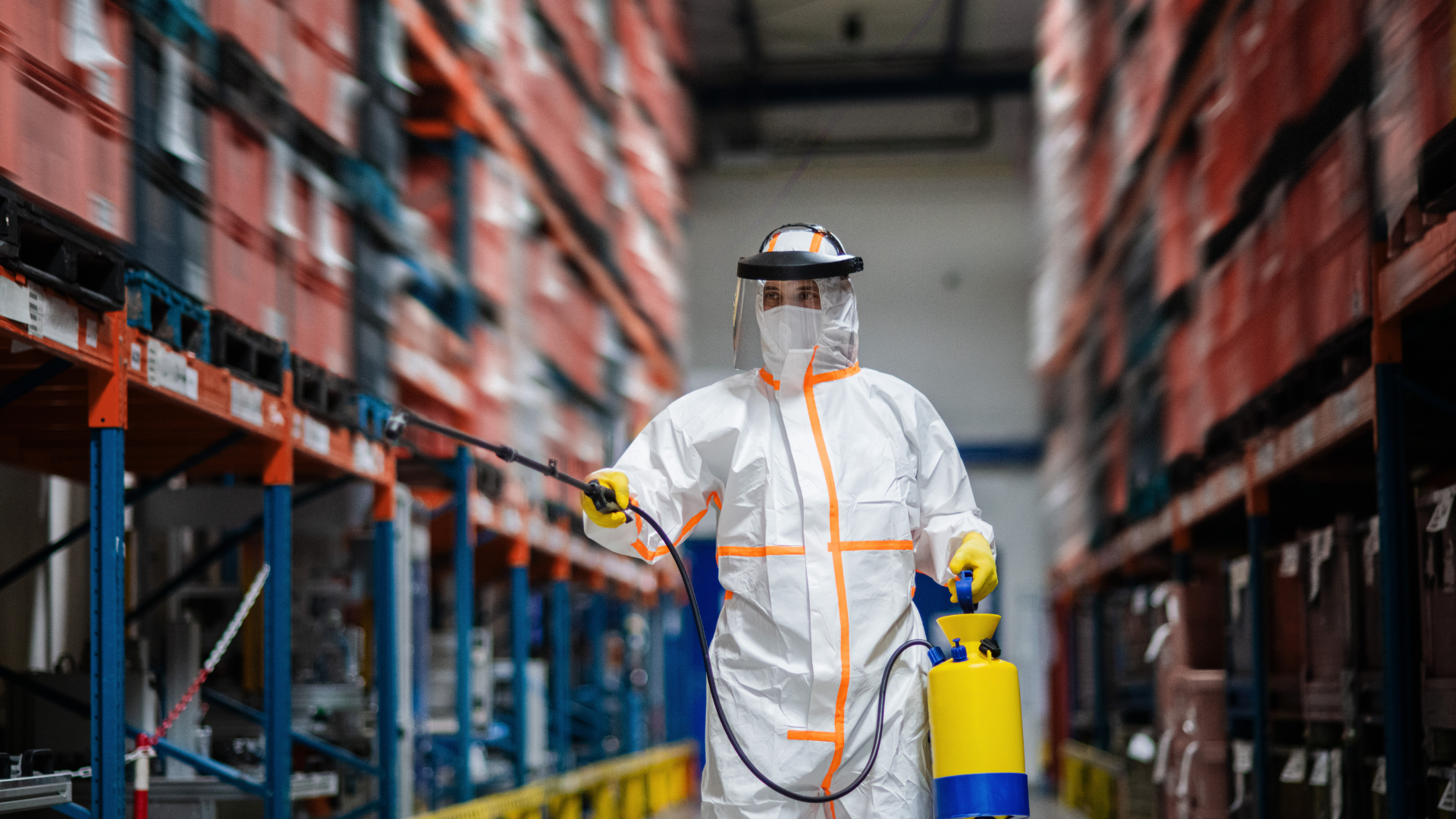Recently the Facebook, Inc. American technology and social media conglomerate, owner of Facebook and Instagram, changed its name to Meta Platforms, Inc..
Since then the Internet has been flooded with news about the so-called “Metaverse”.
That's because the name makes direct reference to the Metaverse concept, much admired by the company's CEO.
Mark Zuckerberg announced investments in the development of his own “virtual world” linked to his platform.
According to him, this is the future of communications and interactions on social networks.

But what actually is the Metaverse?
In a simplified way, this is a term that represents a type of virtual world.
It replicates reality through digital devices and technologies such as augmented reality, virtual reality and others, all connected through the Internet.
Despite being a new concept for many, the term Metaverse has existed for some time, and its applications were already well known.
A closer example of this type of attempt is the game “Second Life”, popular in the early 2000s and which proposes precisely to create a parallel virtual reality, where each player can interact and develop a series of activities such as socializing, working , buying and selling properties and much more.
Can the Metaverse really influence the Industry? As?
Not only the Industry, but several aspects of the market, society, social interactions, and many other segments can and should be affected.
This is because this type of technology has the capacity to change not only the direction of investments, but also the way we see and live the world.
More and more money is being invested in this area, which makes it grow and attract even more people, companies, thus expanding its usability and importance.
And if you think that this reality is still a long way off, know that there are already several applications of the Metaverse concept being used around the world by companies such as: Microsoft, Boeing, Unilever, among others.
Examples
Siemens Energy and Ericsson, for example, already use a platform called Omniverse to operate power plants, performing maintenance and predicting possible problems even before they happen.
Boeing, on the other hand, uses the same type of technology to build virtual engines, which, in addition to being able to be replicated later, in reality, do not require physical materials and are much easier to control.
The so-called “Digital Twins” (virtual tools replicated in real life and used in the Metaverse) are also very useful in training doctors, allowing students to perform virtual surgeries without putting any patient at risk.
Now imagine all these concepts applied to the industrial sector: the possibilities are endless.
From building new machinery, implementing new processes, increasing efficiency, maintaining equipment, and much more.
The Metaverso has already shown that it has great applicability in all sectors, and with the industry it could not be different.
Therefore, those who know how to place themselves and take advantage of these new technological possibilities will certainly have many benefits in a much closer future than one can imagine.

















